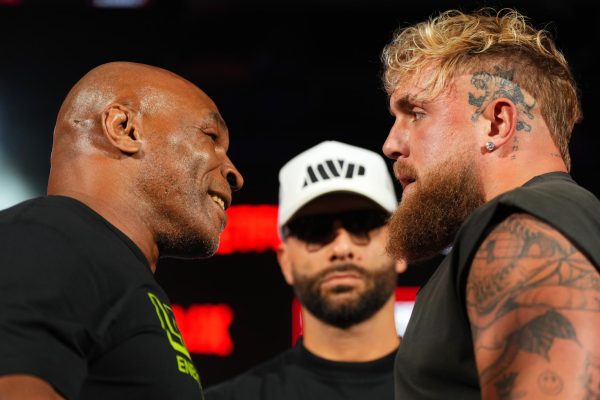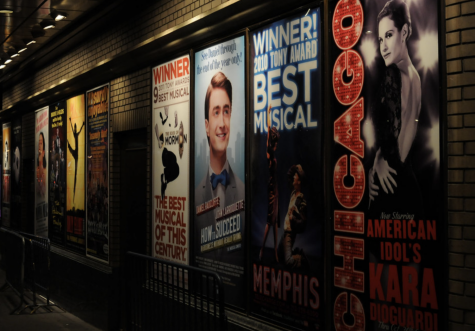The Fall of the Movie Theater Industry: How large movie theater franchises are trying to bounce back
Since the start of COVID-19, life has changed for movie theatergoers. With different states regulating how indoor experiences happen, large movie theater chains had to quickly adapt to the impact of the worsening spread of the virus both nationally and internationally.
One of the largest theater chains in the U.S., AMC, has tried to counteract the sudden change by providing 15-cent tickets for the U.S. Circuit relaunch, recalling the cost of attending a movie at the chain’s first Kansas City location in 1920. However, this type of deal is only available at the specific locations that are allowed to reopen. For example, a majority of AMC’s Michigan locations won’t be reopening anytime soon under the state order provided by Gov. Gretchen Whitmer who extended the COVID-19 emergency through Sept. 4.
While AMC’s U.S. circuit has been closed, its international movie theaters have resumed limited operations and are expected to completely open by the end of this month, according to The Star.
In a historic move, Universal Pictures and AMC have agreed to shorten the exclusive theatrical release time down from 90 to 17 days before films could be debuted on streaming services. For theater chains, hosting opening releases serve as a crucial factor in driving revenue for their companies, and since AMC is considered a top player, this type of loss will incur a heavyweight on their upcoming quarter.
Because of the virus, AMC has taken a financial hit during the pandemic as the company reported a half a billion-dollar loss in the second quarter of 2020, making it the company’s worst financial quarter since its founding in 1920.
Currently, around 300 additional AMC locations countrywide are expected to open over the following two weeks ahead of major theatrical releases such as Warner Bros.’ “Tenet” on Sept. 3. These theaters are expected to operate at reduced capacity in compliance with state and local health restrictions. Along with regularly enforced social distancing standards, masks will be required for all employees and patrons. Food and drinks at the concession stands will be available and sold at reduced pricing through the month of October.
Aside from the companies promising these health and safety regulations, there is still a crucial question on everyone’s mind: Will anyone even want to go out? Because of popular streaming services such as HBO Max, Netflix, Hulu, and Disney Plus, movie distribution and release dates have shifted to account for increased in-home content viewership.
NY Gov. Andrew Cuomo had stated his concern for reopening theaters.
“I am sure there is a whole group of people who say, ‘I cannot live without going to the movies,’” said Cuomo. “But on a relative scale, a movie theater is less essential and poses a high risk. Movie theaters are not that high on the list of essentials.”
Though, in small towns like Schenectady, NY, these movie houses act as tourist attractions and contribute to the town’s cultural relevance.
“If we don’t open soon we’re going to lose the rest of the 2020 calendar,” said Jim Masher, president of the Theater Owners Association and COO of Bow Tie Cinemas.
So the question still stands, will the movie theater industry survive the financial impact and be able to restructure post-COVID-19, or will it fall victim to the onslaught of streaming services?

Tiara Starks is a senior communication major with a concentration in film production. She started at the Charger Bulletin as a contributing writer in 2018,...










